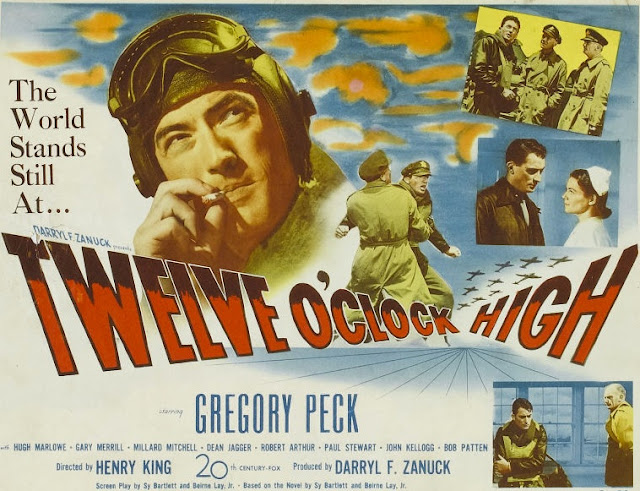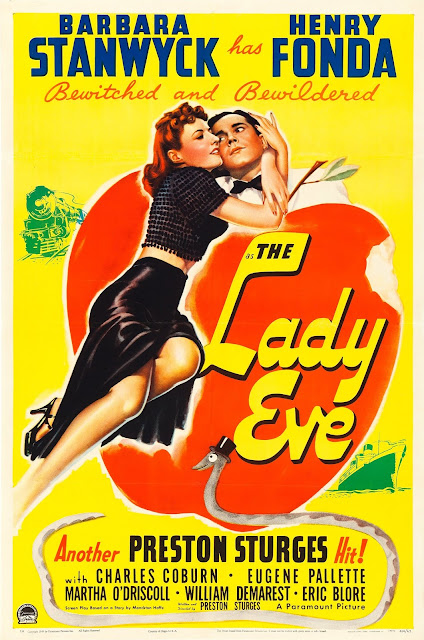☆ ☆ ☆ ☆
Strangers on a Train (1951) – A. Hitchcock
There is something a bit unsatisfying about
Strangers on a Train despite Hitchcock’s awesome technical prowess and complete
mastery of the use of suspense. I’ll chalk it up to the presence of Farley
Granger and Ruth Roman, a rather dull pair of lead actors. Robert Walker, in contrast, is magnificently
psychopathic as the stranger who strikes up a conversation (on a train) with
Granger, offering to kill his wife (Kasey Rogers) in exchange for Granger
killing Walker’s father. You see,
Granger, an up and coming tennis star, is seeking a divorce from cheating
Rogers that will allow him to marry Roman, a senator’s daughter (the film takes
place in DC). Walker’s father may or may
not be a tyrant – it seems more likely that Walker perceives persecution that
is not there. At any rate, Walker
carries out his side of the “bargain” (again, all in his head) at a small town
carnival and then pressures Granger to follow through on his end. Of course, he won’t and Walker promises to retaliate. The police are closing in all the while. The suspense arrives when Granger must finish
a tennis match at Forest Hills, NY, before racing back to the small town carnival
to catch Walker before he plants evidence at the scene of the crime (when
Walker also drops said evidence down the drain, the tension is ratcheted up
even further). Indeed, Hitchcock is near the top of his game, playing with audience
expectations and spiking the film with a dash of morbid humour). If only he’d managed to get a stronger cast…but
of course, his real masterworks were soon to come.



























